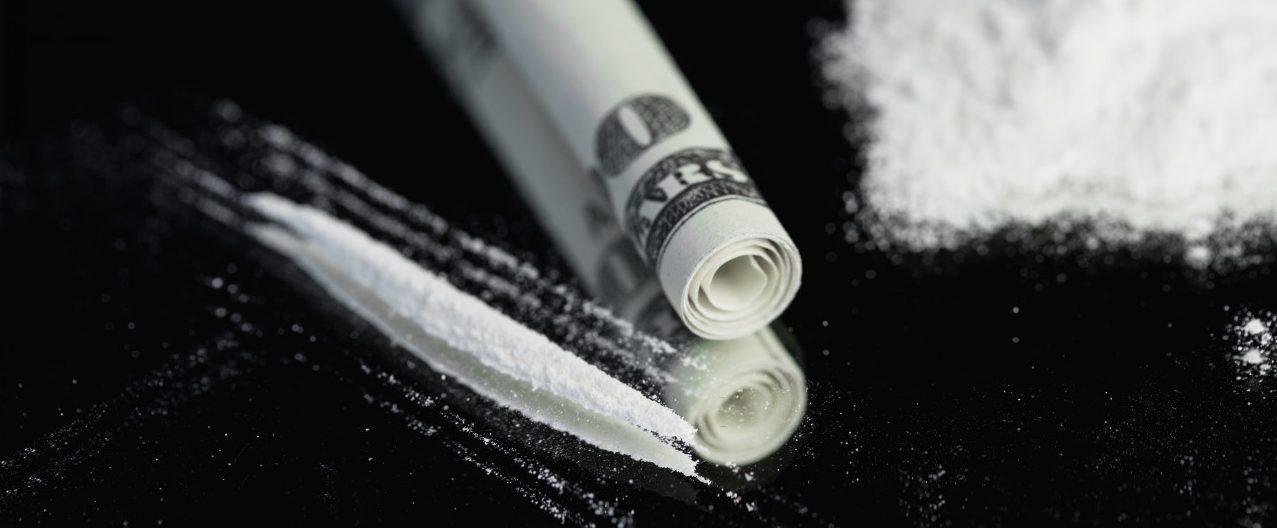How to Break Sugar Addiction

While sugar kept us alive when we were still swinging in trees, evolution and hidden sugars have conspired to kill us. Here's how to break sugar addiction.
Americans love their sugar, to the tune of 22 teaspoons per day on average. It's reasonable to say many of us have a sugar addiction. Children consume 32 teaspoons per day.
How much sugar you actually need
The American Heart Association says the maximum amount of sugar you should consume daily is: 9 teaspoons for men, 6 teaspoons for women, and 3 for children. (Just one can of soda can have 10 teaspoons of sugar.)
To get a good picture in your mind of how much you actually consume, think about swallowing 2 teaspoons of sugar every hour for 11 hours straight. That would be, for instance, from 9 a.m. to 10 p.m., which would take you through the workday and the primetime TV schedule.
And, we eat that much sugar because we want it badly. In addition, sugar “actually feeds yeast/Candida in the intestines, growing more and more yeast colonies that demand more and more sugar,” says Carolyn Dean, MD, ND, a medical advisory board member of the non-profit Nutritional Magnesium Association.
Evolution factors in our sugar addiction
In a great irony, scientists say that we are influenced by evolution, and our early scramble for survival, to crave sugar. It started millions of years ago when our ape ancestors subsisted largely on fruit and the fruit sugar within, called fructose. It provided energy and created stores of fat for lean winter months.
But, as a cover story on our infatuation with sugar in National Geographic so colorfully noted, “the very thing that saved us could kill us in the end” because we have evolved to survive on very little of it at a time when added sugar is found in foods we don’t even associate with it.
How we consume so much sugar
You’re probably thinking right now that 22 teaspoons a day is impossible, but the way we consume sugar can be stealthy. It’s easy to figure in the sugar you get from soft drinks and candy – if you even think about it or read labels. But it’s in all sorts of baked goods, fruit drinks you might believe are healthy, dairy-based desserts, and milk, grains, and other processed foods that don’t even taste sweet.
Part of that, in another irony, can be blamed on harmful fat in foods. As the evidence grew and the resulting chorus over the adverse health effects of fat became deafening, manufacturers began to use more sugar to add taste to foods that were low fat or fat-free. So while a fat-free cupcake might seem more healthful, it also may contain a lot of sugar so it doesn’t taste like cardboard.
That sugar is linked to obesity, high blood pressure, depression, nervous tension, diabetes, acne, headaches and more. Yet, we are hooked. An infographic on sugar by Online Nursing Programs notes that, according to brain scans, sugar addiction is as bad as cocaine.
It’s to the point, that “sugar is a poison by itself when consumed at high doses,” endocrinologist Robert Lustig of the University of California, San Francisco told the magazine.
Besides evolution turned upside down, we are dealing with the fact that children like sweet things from the word go, not because of marketing, but because of basic biology, according to a review in the journal Clinical Nutrition and Metabolic Care. As people get used to sugar over time from wanting it from childhood, they eat more – and then they eat even more because they have a sugar addiction and need more.
How to break sugar addiction
The solution, as you’ve already figured out, is to stop eating so much sugar. That begins with religiously reading labels and educating yourself on the “hidden” sugars found in unlikely foods. The problem, the same one that makes it so hard for drug addicts to successfully kick their habit, is that we crave it. We really want it; our brains really want it.
The American Heart Association offers practical tips, such as cutting down on, or eliminating altogether, the consumption of soda. Drink water instead. That guidance pretty much holds across the board; lessen or eliminate sugar in the foods you eat most and look for substitutes.
While that may seem hard as you watch your favorite TV program with a bowl of ice cream, it beats chronic disease that leads to death, which, in a final irony, is the ultimate way to stop eating sugar.
Updated:
February 21, 2020
Reviewed By:
Janet O’Dell, RN